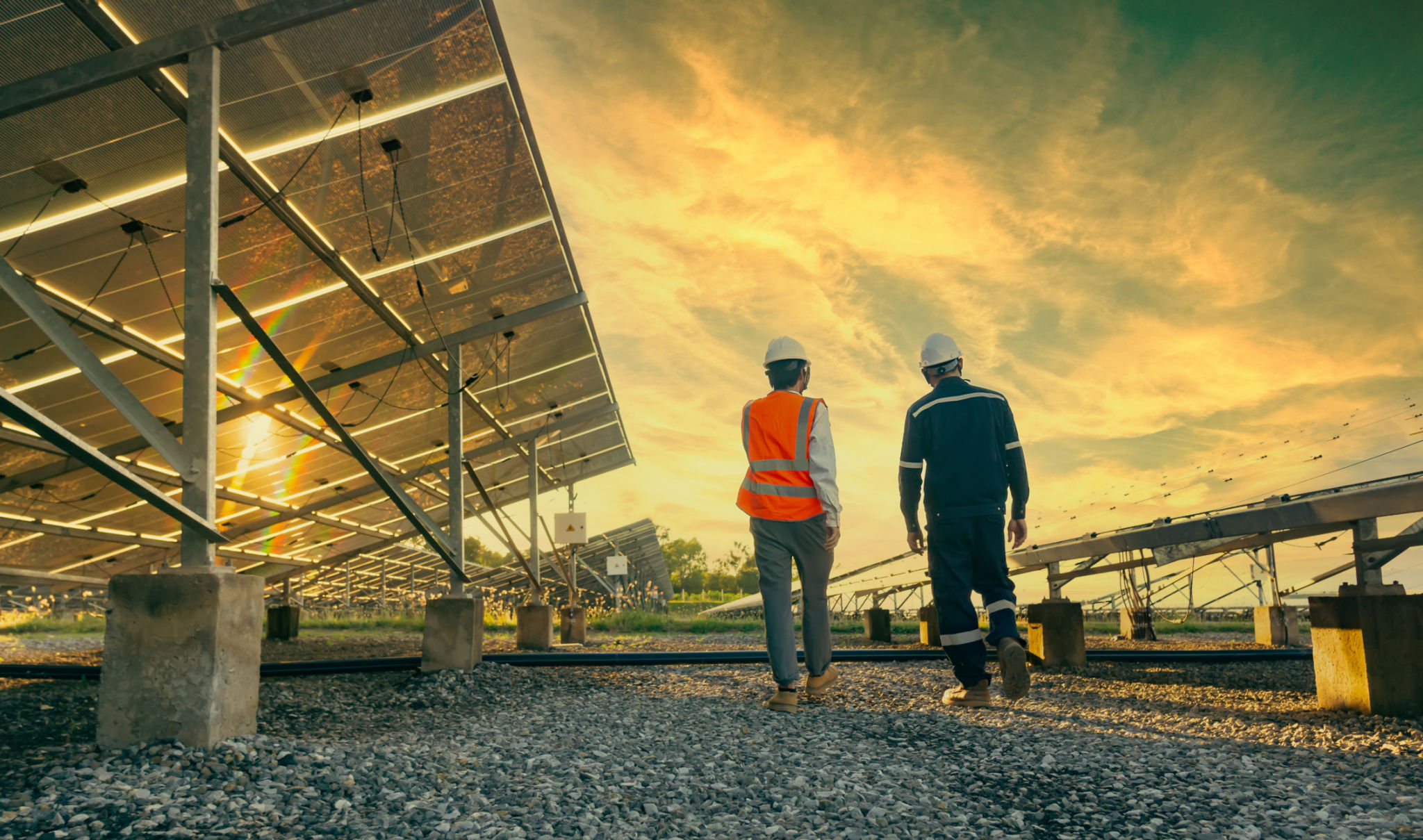DIY Solar Panel Installation: Pros and Cons for Charleston Homeowners
Understanding DIY Solar Panel Installation
Charleston homeowners are increasingly considering solar energy as a sustainable and cost-effective solution for their energy needs. DIY solar panel installation is an appealing option for many, offering potential savings and a sense of accomplishment. However, it's important to understand both the advantages and challenges that come with this endeavor.

Pros of DIY Solar Panel Installation
The most compelling benefit of a DIY solar panel installation is the cost savings. By bypassing professional installers, homeowners can save a significant amount on labor costs. Additionally, DIY installations provide a hands-on learning experience, allowing homeowners to gain a deeper understanding of how solar energy systems work.
Another advantage is the flexibility in choosing equipment and components. Homeowners can research and select panels, inverters, and mounting systems that best fit their specific needs and budget.
Cons of DIY Solar Panel Installation
Despite the potential savings, DIY solar panel installation comes with its share of challenges. One major concern is the complexity of the installation process. Properly installing solar panels requires a good understanding of electrical systems and building codes. Mistakes can lead to inefficient energy production or even damage to the property.

Another downside is the risk of warranty issues. Many manufacturers offer limited warranties that may not cover DIY installations, leaving homeowners without protection if something goes wrong with their system.
Legal and Safety Considerations
Before embarking on a DIY solar panel project, it's crucial to be aware of local regulations and safety requirements. Charleston homeowners need to obtain necessary permits and ensure their installation complies with local building codes. Failure to do so can result in fines or having to dismantle the system.
Moreover, working with electricity involves inherent risks. It's essential to prioritize safety by using appropriate tools and protective gear. In many cases, consulting with a professional electrician for certain aspects of the installation is advisable.

Evaluating Your Skills and Resources
Before deciding on a DIY approach, homeowners should honestly assess their skills and resources. Installing solar panels requires technical knowledge, physical capability, and time commitment. Those lacking in any of these areas might find it more beneficial to hire a professional installer.
It’s also worth considering the long-term maintenance and monitoring of the system. Professionals often offer maintenance packages that ensure optimal performance over the years.
Conclusion: Making the Right Decision
DIY solar panel installation can be a rewarding project for Charleston homeowners who are prepared for the challenges it presents. By weighing the pros and cons, considering legal and safety requirements, and realistically evaluating personal capabilities, homeowners can make an informed decision about whether a DIY approach is right for them.
If any doubts remain, consulting with local solar professionals can provide valuable insights and peace of mind. Ultimately, whether choosing DIY or professional installation, transitioning to solar energy is a positive step towards sustainability and energy independence.